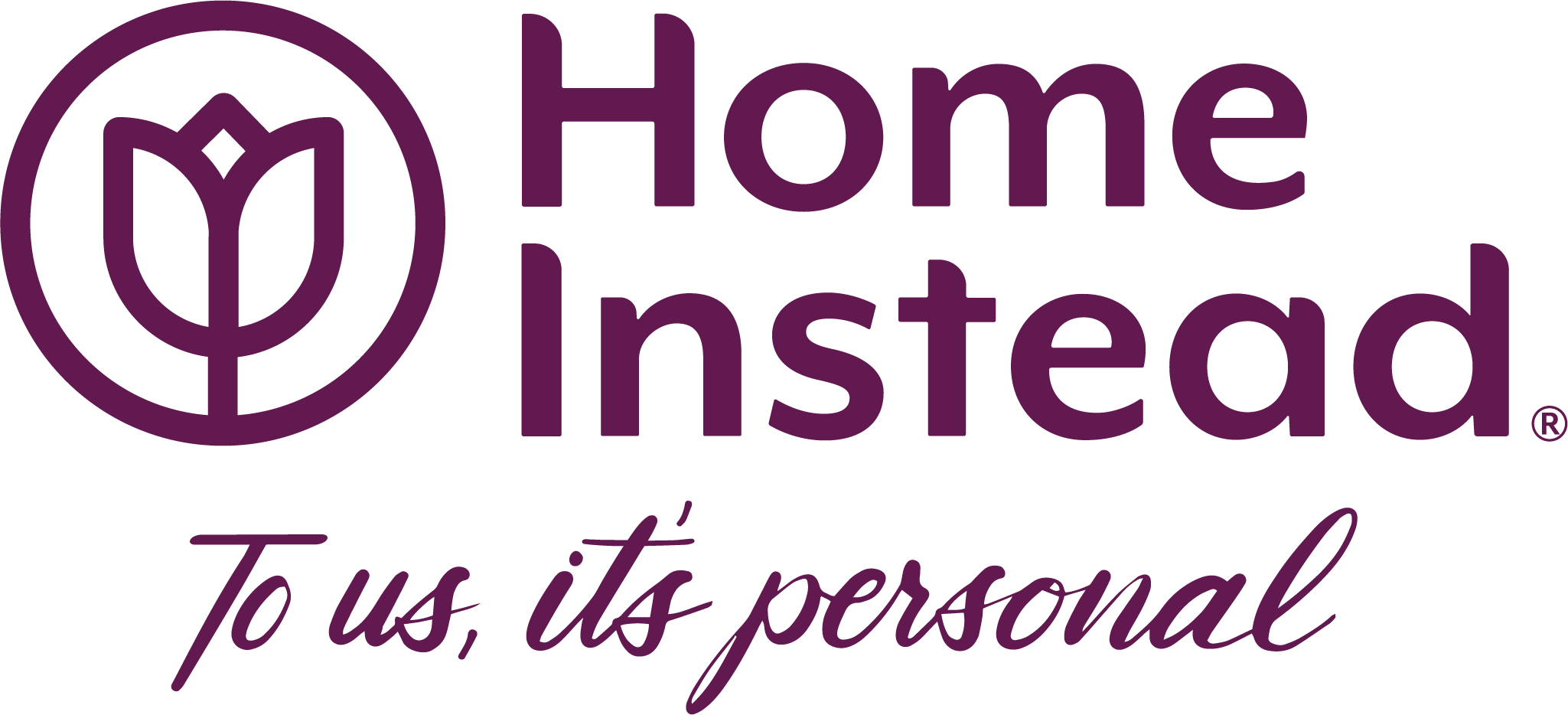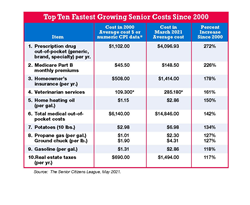
State Senator Josh Becker and StreetCode Academy Chief Executive Officer Olatunde Sobomehin at the 2021 Nonprofit of the Year for the 13th Senate District
“By offering courses, like game design using Roblox, StreetCode enables local youth to prepare for jobs in our region’s tech ecosystem,” said Senator Becker.
EAST PALO ALTO, Calif. (PRWEB)
July 30, 2021
State Senator Josh Becker honored the StreetCode Academy as the 2021 Nonprofit of the Year for the 13th Senate District. The senator praised the organization not only for its ambitious mission but also for redoubling its efforts during the pandemic to bridge a digital divide that threatened to become a chasm for vulnerable communities and people of color.
Since 2014, StreetCode Academy has devoted itself to empowering communities of color with the mindset, skills and access to technology that can expand opportunity by enabling community members to become active participants and innovators in the tech powerhouse that fuels our state’s and our nation’s economy.
“It is telling that in the middle of the Silicon Valley, we have cities like East Palo Alto, which throughout its history has faced a digital divide,” said Senator Becker, D-Peninsula and a Silicon Valley entrepreneur and innovator before joining California’s Legislature last fall, during an online presentation to StreetCode Academy. “In any given year, tackling this issue would be challenging enough. Compound that with a once-in-a-century pandemic, and I can imagine it felt almost impossible.
“But rather than losing hope, amid the myriad of unprecedented challenges you all have had to tackle, you rose to the occasion. You ensured that education and economic opportunities were readily accessible to those truly in need of it.”
Accepting the accolades on behalf of his organization, StreetCode Academy Chief Executive Officer Olatunde Sobomehin said, “In so many ways this past year threatened to widen the gap that exists within Silicon Valley – the poverty in the shadow of wealth and no bridge between. Yet in the midst of an unprecedented crisis, so many people stepped up to provide computers, internet access, technology education, and a hope for a better future. It means the world to be honored by our state leadership in one of the most challenging years. It validates the work of an entire community to never stop pushing toward our best possibilities.”
Before the pandemic struck, StreetCode Academy had served more than 2,000 students of all ages in its in-person classes, in addition to providing networking support and loaner computers to community members. StreetCode responded to the COVID-19 crisis by expanding its remote learning programs and its public and private partnerships throughout the region, Senator Becker noted, reeling off a list of StreetCode successes that include:
-
A growing service tally that now includes more than 5,500 people in the region and about 1,000 people nationally - Providing 20,000 hours of free technology classes
- Partnering with the Ravenswood City School District to provide 2,500 students with free tech support that included training and access to technology
- Helping to secure laptops for hundreds of students to use free of charge
“By offering courses, like game design using Roblox, StreetCode enables local youth to prepare for jobs in our region’s tech ecosystem,” said Senator Becker, noting that the organization prides itself on serving students of all ages, including 11-year-olds who used their StreetCode-acquired know-how to create and publish apps and retirees who have launched new businesses. “This is what happens when you add equity and innovation: You get organizations like StreetCode.”
The Nonprofit of the Year recognition is part of a program, now in its sixth year, conducted by the California Association of Nonprofits with legislators throughout the state.
Further resources:
Media Contact for Senator Becker: Leslie Guevarra, 415-298-3404, leslie.guevarra@sen.ca.gov
Media Contact for StreetCode Academy: streetcode@thekeypr.com
California Association of Nonprofits: https://calnonprofits.org/
Share article on social media or email:









